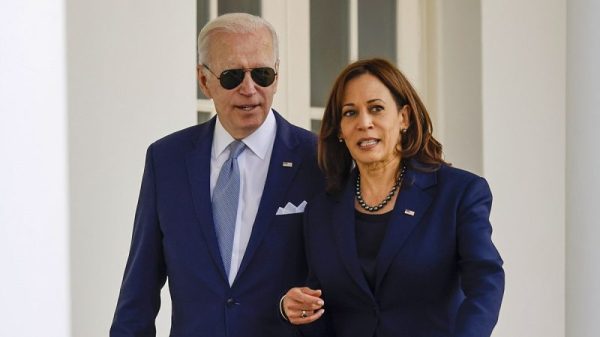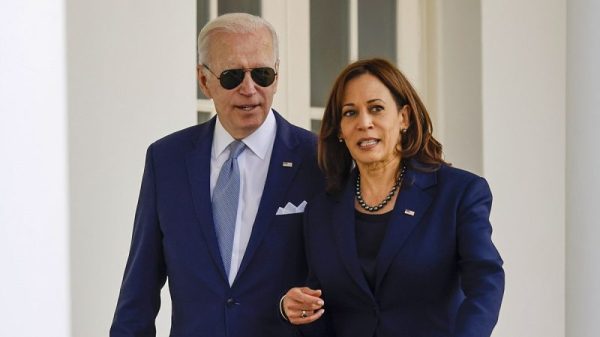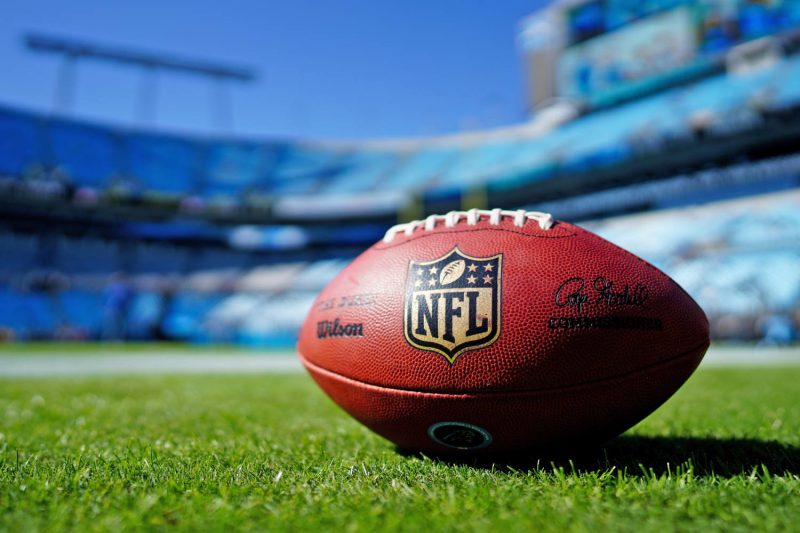The recent NFL owners’ vote in favor of private equity investment has stirred discussions and debates within the sports community. This decision marks a significant shift in the league’s ownership structure and has raised several questions about the potential impact on the NFL landscape.
One of the key aspects of private equity investment in the NFL is the infusion of capital into the league. Private equity firms could provide much-needed funds to help teams improve facilities, enhance the fan experience, and invest in technology and data analytics. This influx of cash could potentially give NFL teams a competitive edge on and off the field.
However, with private equity investment comes the concern of increased commercialization and profit-driven decisions. Critics worry that private equity firms may prioritize short-term financial gains over the long-term health and sustainability of the league. There are also fears that the traditional values and fan-centric focus of the NFL could be compromised in pursuit of maximizing profits.
Another significant consideration is the potential influence of private equity investors on team ownership and decision-making. While NFL owners have ultimate control over their franchises, private equity firms may have a say in major strategic choices, such as stadium development, marketing initiatives, and even player personnel decisions. This could lead to a shift in power dynamics within the league and raise questions about transparency and accountability.
Moreover, the entry of private equity into the NFL raises concerns about the league’s overall financial stability and governance. Private equity firms are known for their aggressive investment strategies and focus on returns, which could clash with the traditional ownership model of sports teams. There is a fear that mixing these two worlds could lead to conflicts of interest and potential challenges in upholding the league’s integrity and values.
On the brighter side, private equity investment could also bring new perspectives, resources, and expertise to the NFL. These firms typically have access to a broad network of industry professionals and can offer valuable strategic guidance to teams looking to innovate and grow their business. By leveraging the financial expertise of private equity investors, NFL teams may be able to navigate the increasingly complex sports industry landscape more effectively.
In conclusion, the NFL owners’ vote in favor of private equity investment opens up a new chapter in the league’s history, with both opportunities and challenges ahead. The impact of this decision on the NFL’s future structure, financial health, and governance remains to be seen. Ultimately, striking a balance between financial growth and safeguarding the core values of the sport will be crucial in ensuring the long-term success and sustainability of the NFL in the era of private equity involvement.


































